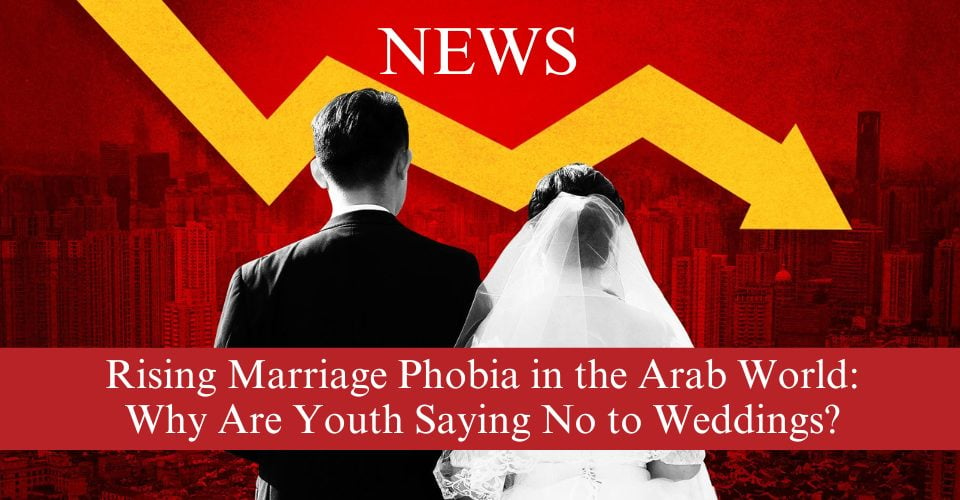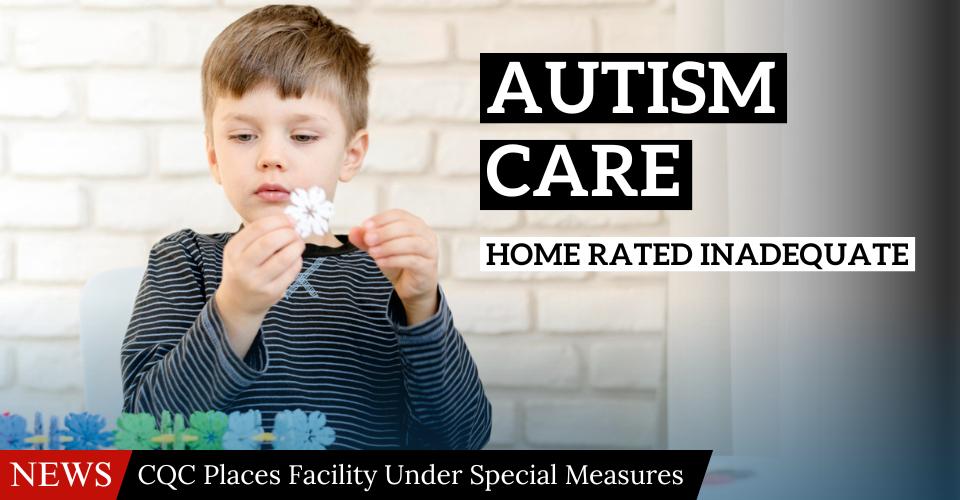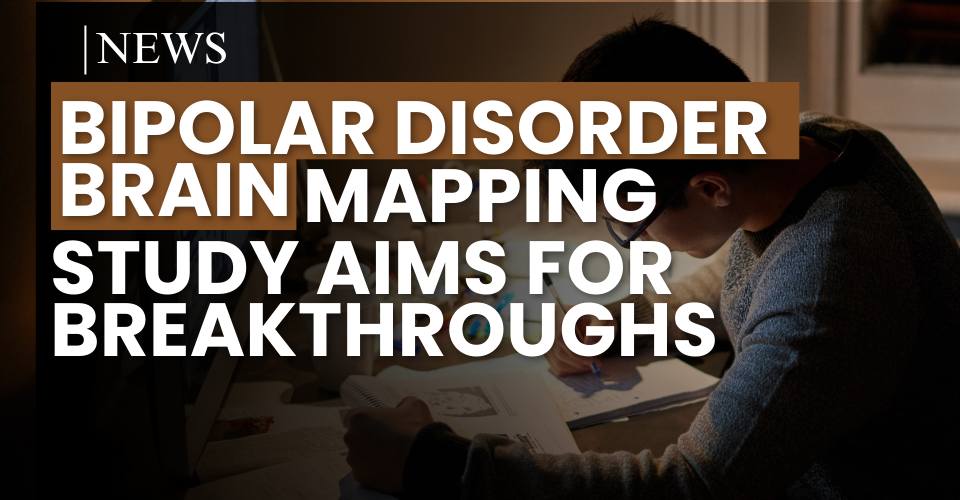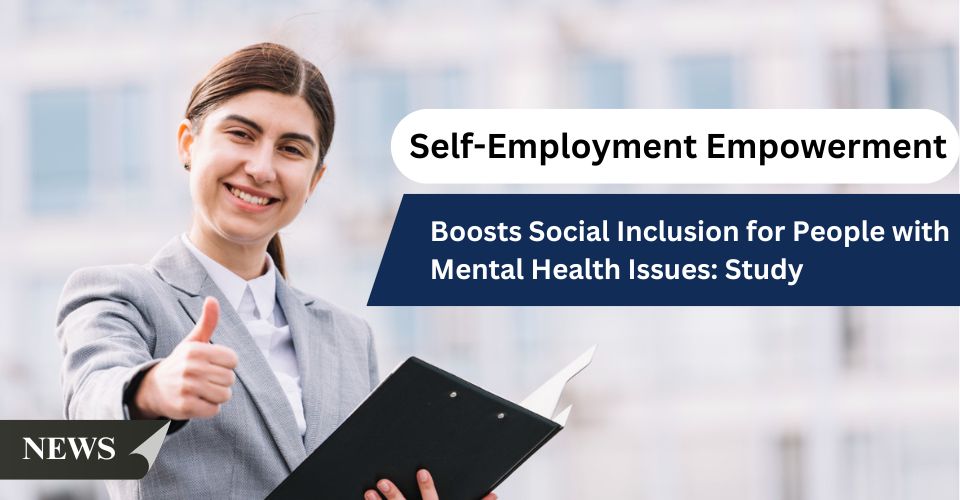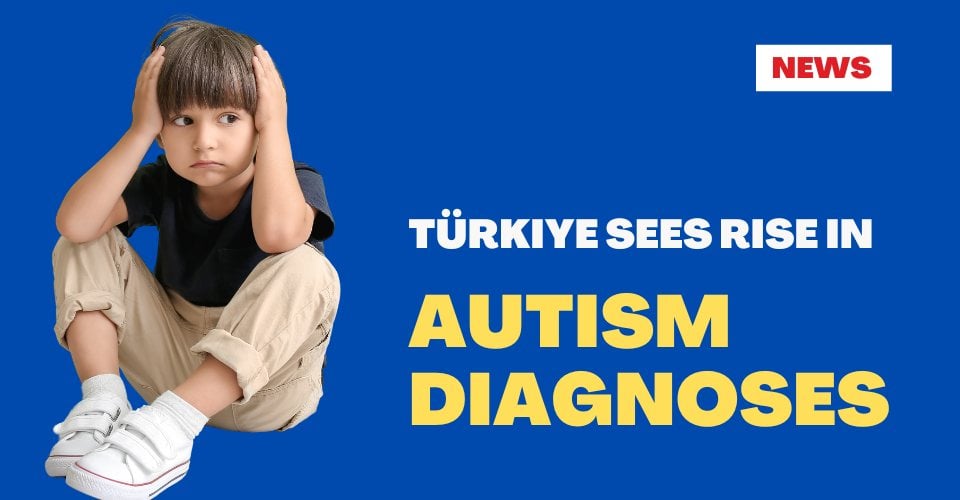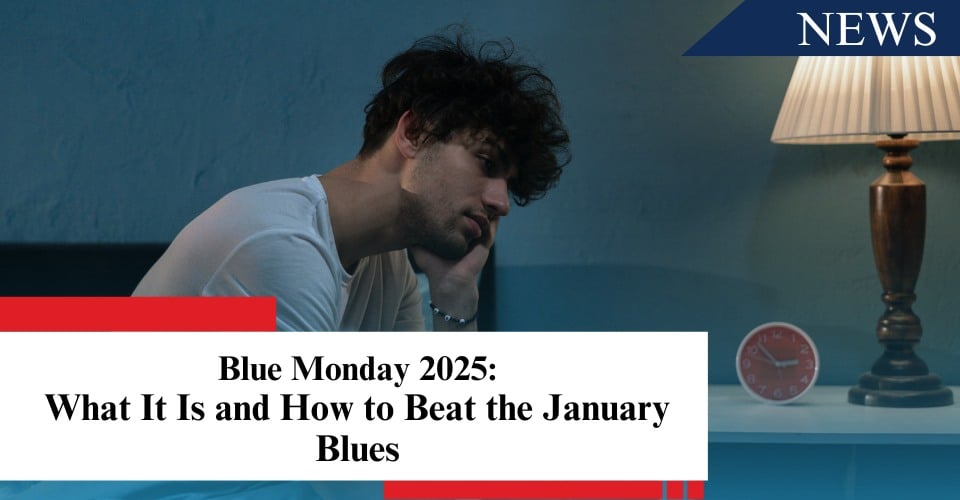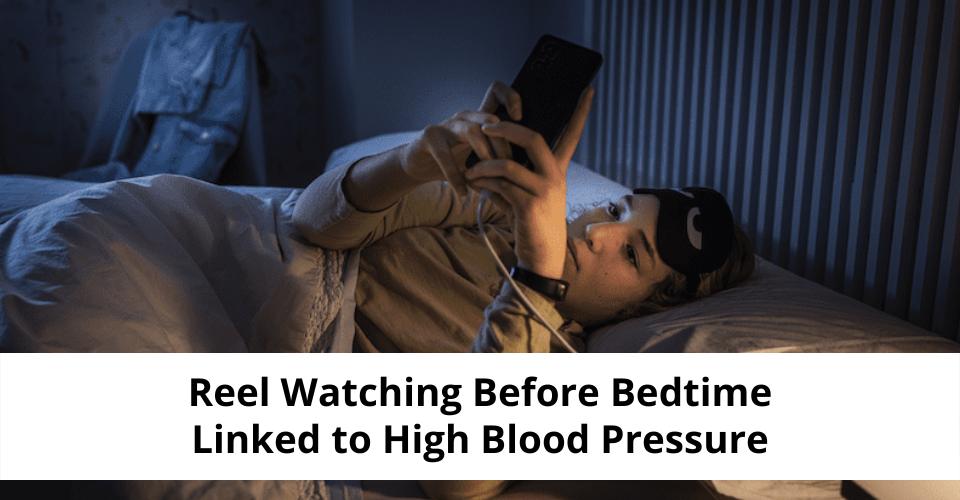The Covert Prices of Praise
Seven studies published in the Journal of Personality and Social Psychology have shown that leaders who compensate flattery are viewed as guileless, which can damage their reputations and make their organizations seem less fair. This wide-ranging study emphasizes the hidden yet vital influence of flattery on perceptions of leadership and organizational integrity.
Understanding Flattery and Its Consequences
Flattery is a common strategy to obtain favors from or elicit positive responses from those wielding authority. It has frequently been followed by favorable appraisals, rewards for the flatterer etc, but its impact on recipients, especially leaders has been understudied. Benjamin A. Rogers et al aimed to address this gap through examining whether there were any costs associated with flattery among leaders.
Study Highlights: Scenarios and Results
Study 1: Involving 181 academics, this survey found out that naïve behavior was perceived more among the leaders who said yes due to being flattered than among more competent ones; this also decreased fairness in academia.
Study 2: The study had 164 participants preparing a presentation, it illustrated experimenters who gave favors under conditions of flattery emerged as naive resulting into competence perception impacts and organizational fairness.
Study 3: Such managers had the highest levels of perceived naivety coupled with lower commitment towards them while followers considered these supervisors unskilled. Agapitova et al recommends that this can be improved with training programs including appropriate feedback mechanisms that helps ensure learning takes place. Most importantly they argue for the need for cultural change where employees are encouraged to take risks without fear of punishment since according to Agapitova et al organizations should promote environment conducive for innovation .
Study 4: This study involved eight hundred three participants obtained from MTurk showed such governing seemed rather gullible further leading to incompetence perception along with reduced Organizational Fairness .
Study 5: This research delved into various types of praise, revealing that leaders who responded to professional accomplishment flattery were less naive than those who responded to appearance compliments. Nevertheless, every kind of flattery led to perceptions of greater naiveté and reduced ability.
Study 6: Leaders in this study were more naïve and less competent after granting harmful favors, a situation that extended to negative perceptions on organizational fairness and commitment towards the leader.
Study 7: This research investigated knowledge about flattery among leaders resulting into managers perceived as non-guileless by subordinates but not as competent.
The Broader Implications
The findings from these studies suggest that leaders who reward flattery are seen as naïve and incompetent; this can damage their reputation and perceived justice within firms. The adverse impact of rewarding for flattery was consistent across different situations, types of flattery, but sometimes even when leadership acknowledged the act itself.
Limitations and Future Research
This is because self-reporting method gives answers based on thinking thus misleading information may be shared due to lack of honesty by participants which leads non-reliable conclusions hence causing confusion or misinterpretation in organizations (Kingsmill et al., 2019). For example, it would be beneficial to examine the impact over time of individuals following up their superiors’ changes in behavior resulting from feedback they have given them. This way Agapitova et al believes employees will be less anxious about making mistakes thereby enabling them to take risks without fear. However, such training should not only focus on criticizing what is done wrong but instead providing useful feedback on areas needing improvement (Agapitova et al., 2019).
Conclusion
In “Too Naïve To Lead: When Leaders Fall For Flattery,” Benjamin A. Rogers, Ovul Sezer, & Nadav Klein provide a cautionary message about listening too closely to one’s own sense of self-worth. These results indicate that while a leader can obtain some short-term benefits from flattery, this may have serious long-term effects on his or her reputation and fairness in the organization.



